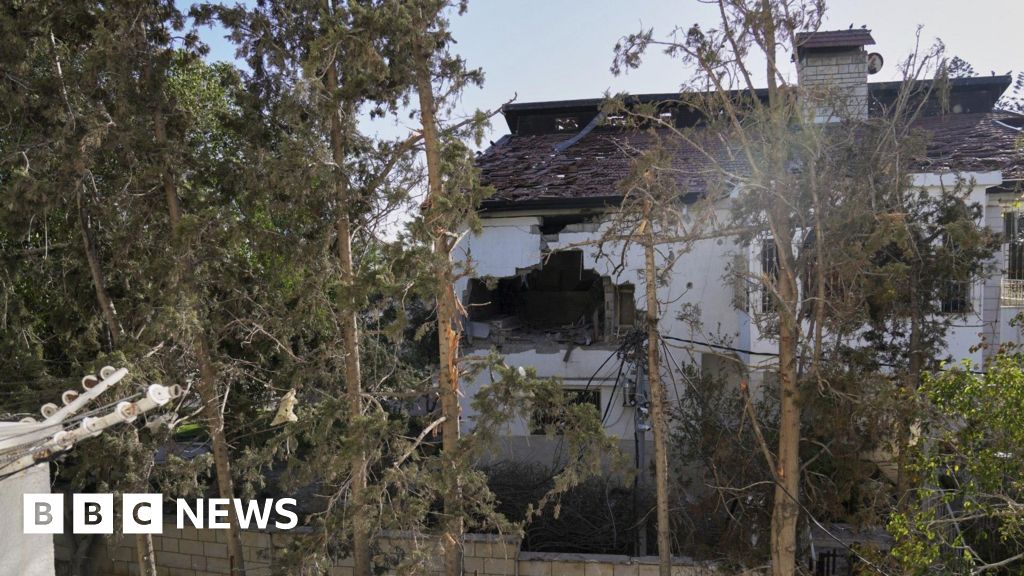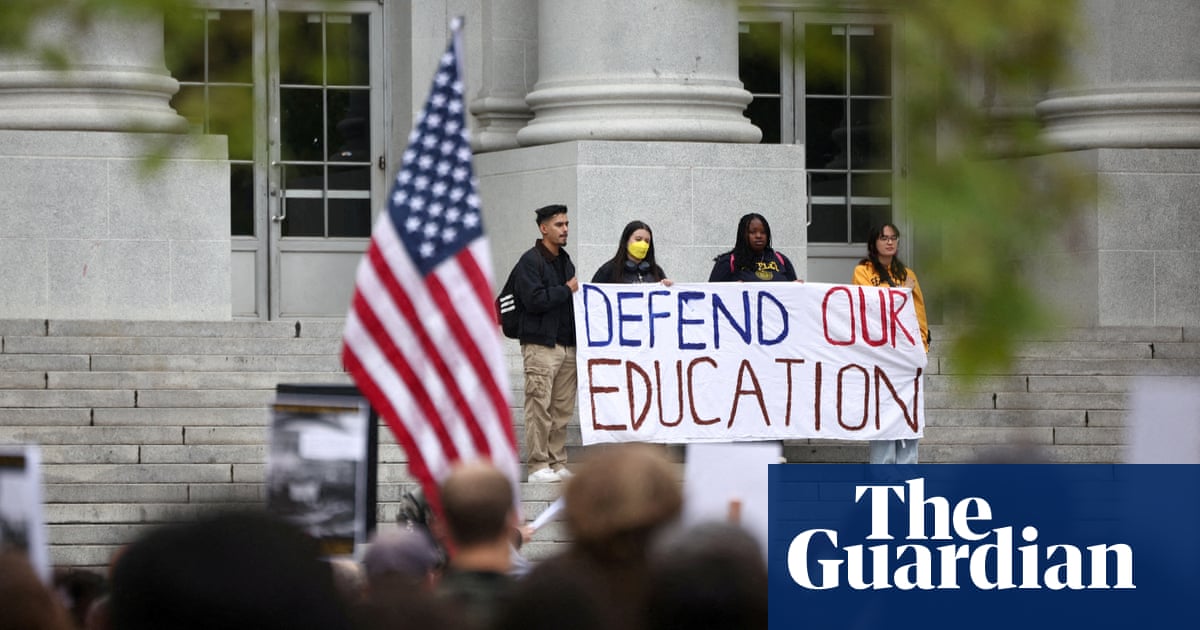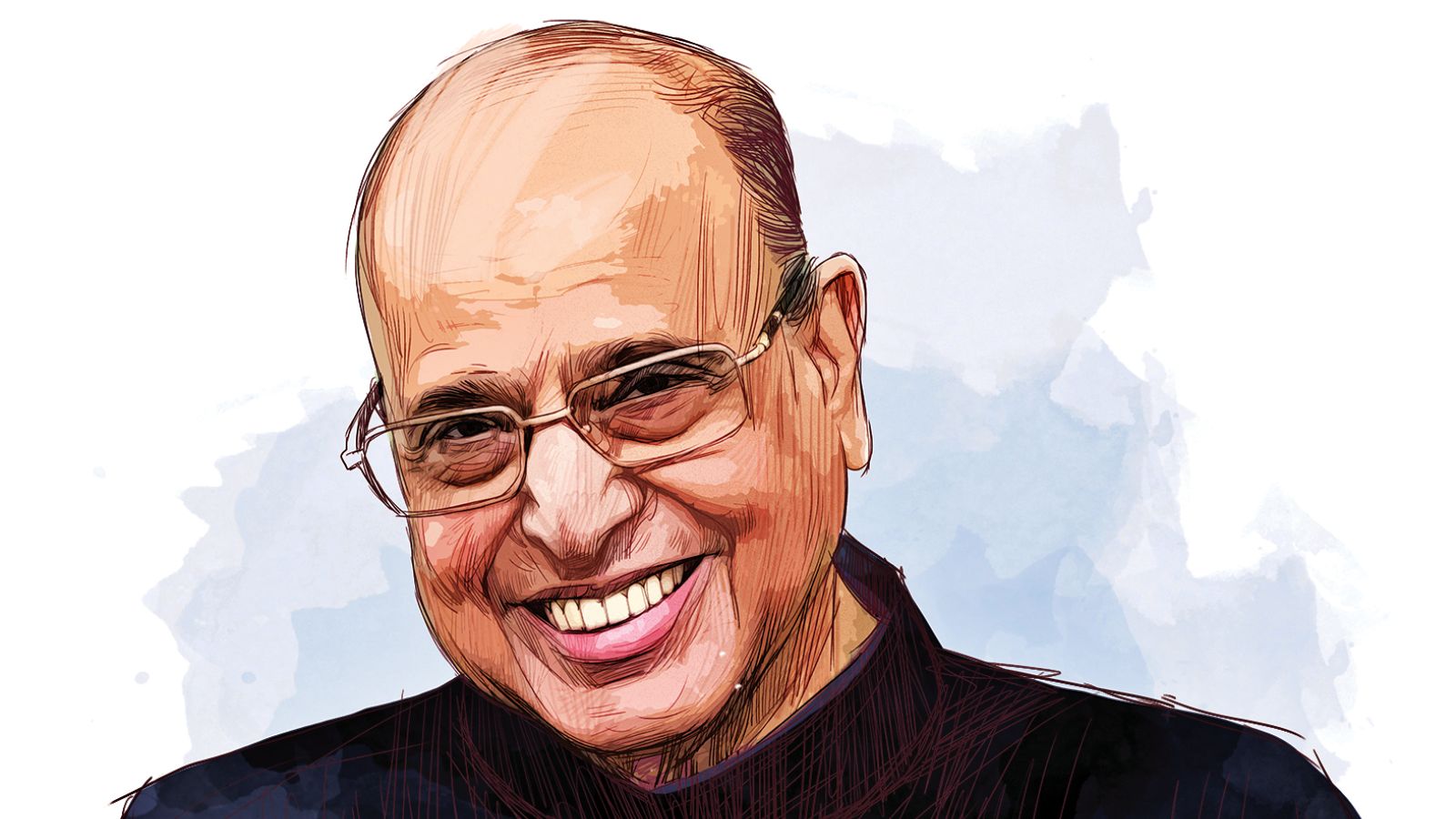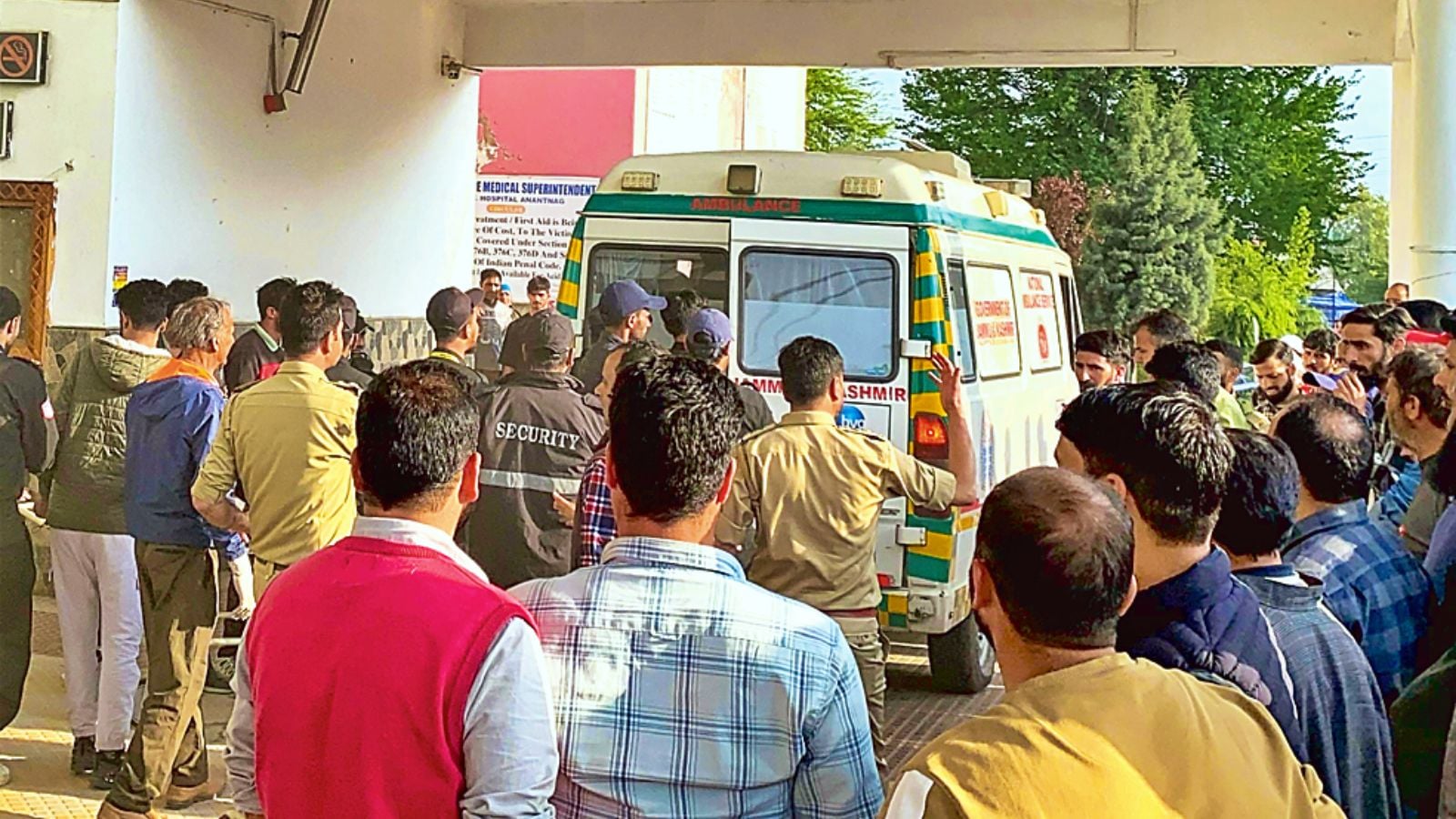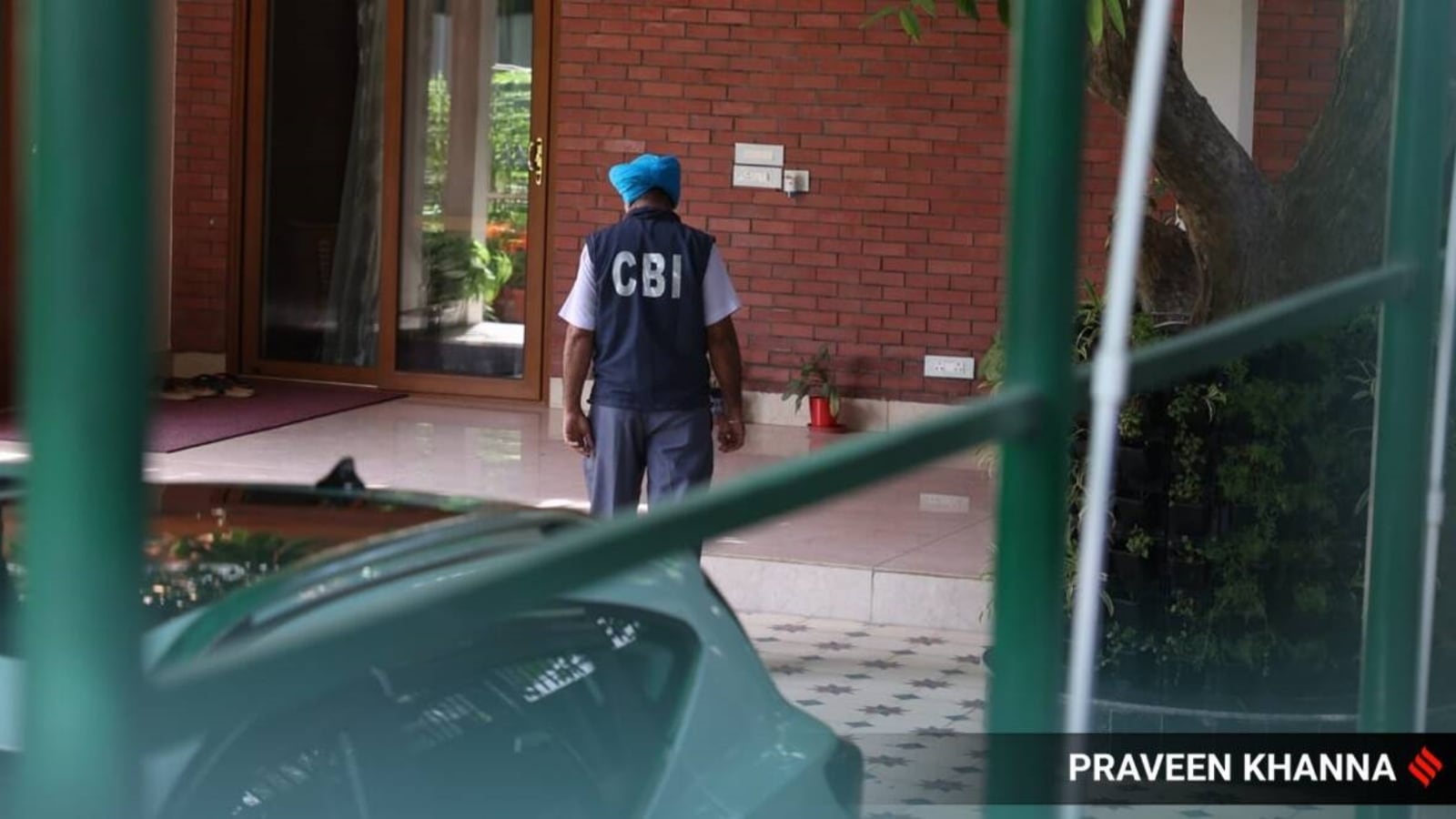Exploring History and Fiction in Claire Messud's 'This Strange Eventful History'
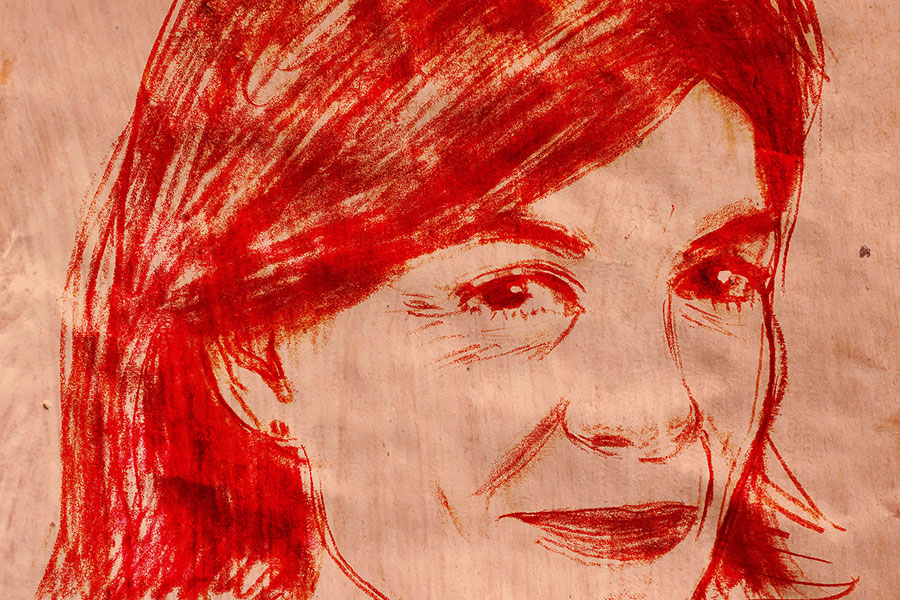
Once upon a time, I distinctly viewed the terms history and story as representing two separate realms. History struck me as a meticulous accounting of factual events, while story held connotations of narrative creativityoften involving elements of myth, fairy tales, or embellished accounts that strayed from the truth. Yet, my perspective underwent a transformation when I moved to Italy. In Italian, the word storia serves as both history and story, intertwining the two concepts in a way that complicates their separation. Consequently, both The Neverending Story and Bertrand Russell's History of Western Philosophy contain storia in their titles, despite their vastly different narrativesone a fantasy novel and the other a scholarly work. This linguistic nuance prompts contemplation: historically, have people in Italy conflated fact with fiction, or have they been influenced by centuries of using the same term?
In Claire Messuds exhilarating novel, This Strange Eventful History, the interplay of story and history comes to the forefront. This narrative follows four generations of the Cassar family, who have European roots but have called Algeria home for a century by the time World War I unfolds. The Cassars view Algeria as an integral part of France, reflecting a colonial mindset reminiscent of America's own beginningsa troubling echo of the notion of a more perfect Union. The narrative opens in June 1940 amid the German invasion of Paris, focusing on Gaston Cassar, who serves as a naval attach at the French consulate in Salonica. His wife, Lucienne, has decided to return to Algeria with their young children, Franois and Denise, believing they will find safety south of the Mediterranean while Europe descends into chaos.
As the novel progresses, we learn of the impending Italian alliance with the Nazis, which adds urgency to Luciennes journey. They must travel swiftly through Italy, hastening to Algeria before becoming official enemies themselvesan ironic twist since many locals in Italy had long regarded them as such. This irony underscores the complexities of identity and belonging amidst war.
On a personal level, Gaston finds himself torn between dual allegiances. His love for France and Algeria is profoundhe identifies Algeria as an extension of France. He yearns to join the struggle against Hitler and is invited by de Gaulle to join the Free France forces in London. However, a deep-seated longing to reunite with his family ultimately influences his choices. A note at the books conclusion reveals that the Free France government later moved its headquarters to Algiers, prompting readers to ponder whether Gaston might have chosen differently had he been presented with that option from the start. This raises thought-provoking questions about chance, identity, and the nature of history itself, suggesting that if circumstances determine where one stands in the grand narrative of history, does that lessen their worthiness?
Messud draws on the themes of performance and reality, alluding to Jaquess well-known speech from Shakespeares As You Like It. He famously states, All the worlds a stage, and all the men and women merely players. Messuds narrative centers on Franois Cassar, the son of Gaston and Lucienne, whose life unfolds in seven distinct acts, each corresponding to a decade of his existence. However, each section merely skims the surface of each decade, almost like a probe going down into a moment, as Messud describes it. Through these moments, the Cassar familys narrative unfolds against the backdrop of significant world events: in 1940, young Franois and Denise occupy themselves racing beetles and bickering over pastries while their father faces challenges at a diplomatic dinner in Salonica. By 1952, Franois is studying at Amherst on a Fulbright scholarship, spending Christmas in Florida and enjoying a revelatory night in Batistas Havana. The story continues to weave through time to 1963, when he attends business school in Geneva and marries Canadian Barbara, with whom he eventually has two daughters. The family dynamics shift as they traverse continents, moving from Morocco to Buenos Aires, indicating a sense of rootedness that seems perpetually elusive.
Throughout the novel, Messud artfully intertwines fictional narrative with real historical figures and events, blurring the lines between fact and fiction. The author acknowledges this interplay in her book's front matter, noting that while the work is inspired by her own family history, it ultimately exists as a piece of fiction. Messud's own paternal grandparents were born in Algeria, echoing the experiences of Gaston and Lucienne Cassar. Furthermore, her grandfather's unpublished memoir served as a significant influence on her writing, lending authenticity to the narrative. This authenticity is further enriched by the inclusion of cameos from real-life individuals such as Gloria Steinem, Toni Morrison, and Jacques Derrida, juxtaposing the personal with the historical and enriching the text's context.
The novel also explores the complex themes of colonial identity and belonging, particularly through the lens of the pieds-noirsthose of European descent born in Algeria. Denises encounter with a car that nearly runs her over, possibly linked to the FLN fighter Zohra Drif, foreshadows the political violence that shadows the story. This thematic exploration resonates with the 1966 film The Battle of Algiers, which depicts the brutal realities of war and resistance. Messud's narrative captures the intricate, personal moments during tumultuous historical periods, emphasizing how many individuals experience history on a personal scale.
Messud skillfully navigates her characters inner lives through a free indirect narrative style, allowing readers to access their thoughts and feelings. The narrative fluidity creates an immersive reading experience, as perspectives shift seamlessly between characters. For instance, Franoiss struggles with alcoholism and familial expectations reveal the emotional complexities of his life, amplifying the themes of identity and belonging. This layered storytelling evokes deep empathy, as readers witness the characters struggles against the backdrop of historical events.
In conclusion, This Strange Eventful History serves as both a personal and historical exploration of identity, colonialism, and the impact of history on individual lives. Messuds intricate narrative weaves the threads of her characters experiences into a rich tapestry that invites readers to reflect on the nature of belonging and the interplay between personal and collective histories. The story reminds us that history is not merely a series of events but a collection of individual narratives interwoven with the fabric of our shared existence.











